Visions of Mana on PlayStation 5
There were several points during my playthrough of Visions of Mana where it was frustratingly close to being an amazing game.
For brief moments, every part of it would click into place in a way that allowed me to see exactly what Square Enix and Ouka Studios wanted to convey. Its gameplay and narrative finally clicked into place, and its visuals and aesthetic helped it to feel like a grand return for the Mana series.
Unfortunately, these moments would only last so long. The rest of the time, the game only managed to capture a fraction of this magic, with its flaws holding it back from being anything more than a moderately enjoyable action JRPG romp.
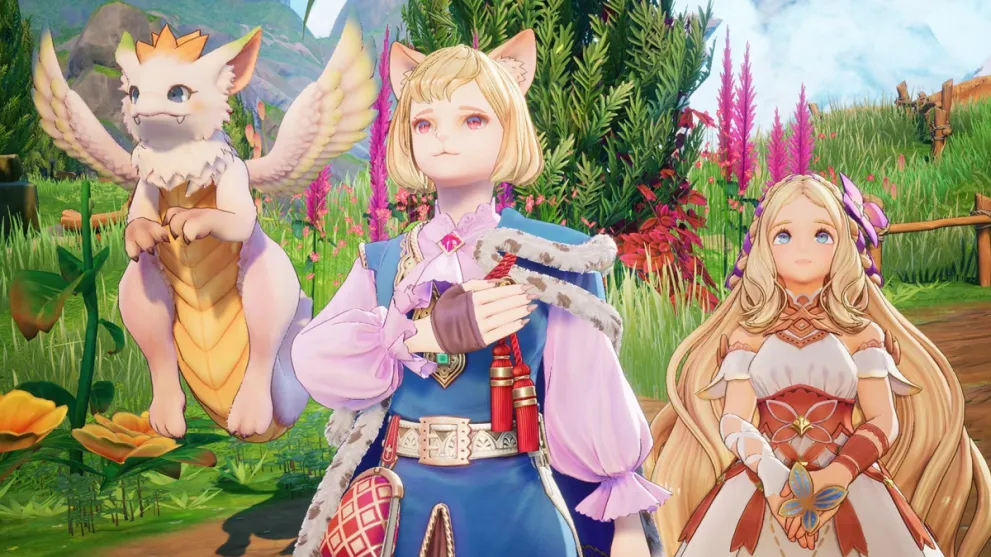
Key among these flaws is the story. Visions of Mana follows Val, a Soul Guard tasked with guiding the Alms chosen by the Fairy to the Mana Tree. Once there, these Alms must use their affinity with the elements to refuel the Elementals who keep the different settlements spread across the world safe from ruin, sacrificing their souls in the process.
Though Val initially aims to carry out his duty to the letter, it isn’t long before he and the Alms begin to question whether or not this system is really their only option for protecting the world. What starts as a journey of self-sacrifice slowly turns into one of fighting against fate, and it becomes their mission to work towards a better future for themselves and everyone who will follow in their footsteps.
It’s a novel premise even among JRPGs, and I’d be lying if I said the game doesn’t manage to make good use of it at key points in its runtime. Outside of these moments though, it can be frustratingly shallow in its storytelling at best and downright contradictory at worst.
Characters’ motivations and views frequently flip-flop, leaving their beliefs and end goals unclear and messy. One moment, they’re made to feel as human as possible and terrified to confront the fate forced upon them; the next, they’re chastising another character for having these feelings, dead-set on and euphoric about the honor of their impending doom like a Cat determined to be a Jellicle.
This is remedied somewhat by some side quests late in the game which paint a clearer picture of how the characters feel, but it doesn’t change the fact that most of the story feels confusing and cumbersome. And given the fact that it’s a story-driven JRPG, it’s next to impossible to ignore this shortcoming over the course of its 30-hour runtime.
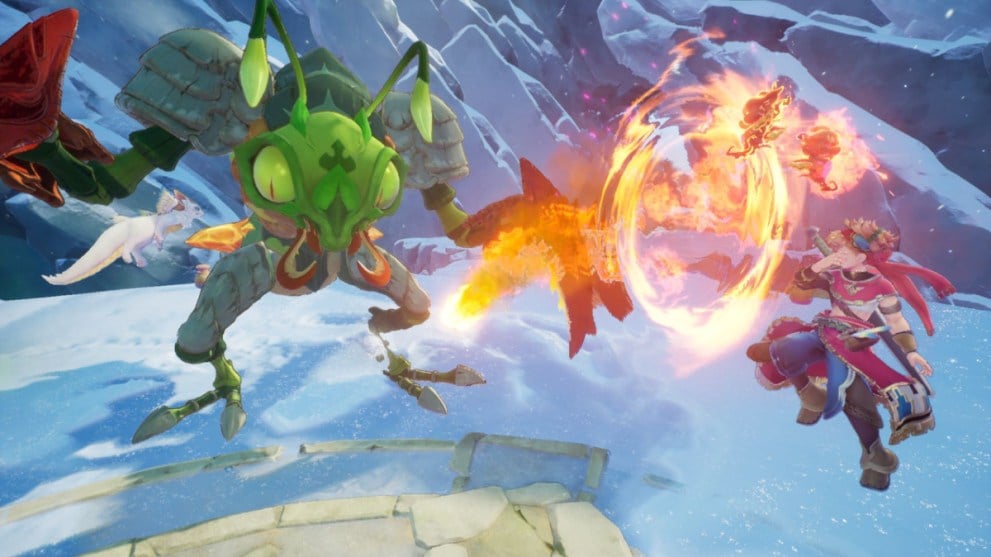
Thankfully, the gameplay of Visions of Mana is far more consistent in its quality and props up the experience admirably.
Between story segments, players can explore the world as any of the game’s five party members via segmented areas filled to the brim with collectibles. These range from simple items in treasure chests to combat puzzles which provide you with rare abilities, so it never feels like a waste of time to poke around every corner of each new map you gain access to.
You can also take part in the game’s combat. Similar to the Trials of Mana remake, it opts for a seamless action approach complete with a limited pool of basic combos and attack types to choose from. These can be augmented with special abilities, spells, and the use of Elemental Vessels, which each provide fun twists on how you can do away with enemies in spectacular fashion.
Said abilities can be further enhanced via the Elemental Plot, which provides a straight forward means of unlocking new skills for the eight different classes available to each character. Said skills can be mixed and matched together once they’re unlocked too, so there’s an impressive amount of depth in how you can build their characters to your specific playstyles.
It’s some of the most fun I’ve had with a JRPG combat system in a while. I spent hours experimenting with the characters’ different classes, mixing and matching abilities and skills until I found builds that could absolutely melt everything and anything I came across.
About the only flaw is that the game can be finicky about registering when you use spells and items from a quick select menu. This never ruined my entire experience, but it could be frustrating when I was on the verge of winning a tough battle only for the game not to register that I was using an item to heal myself.
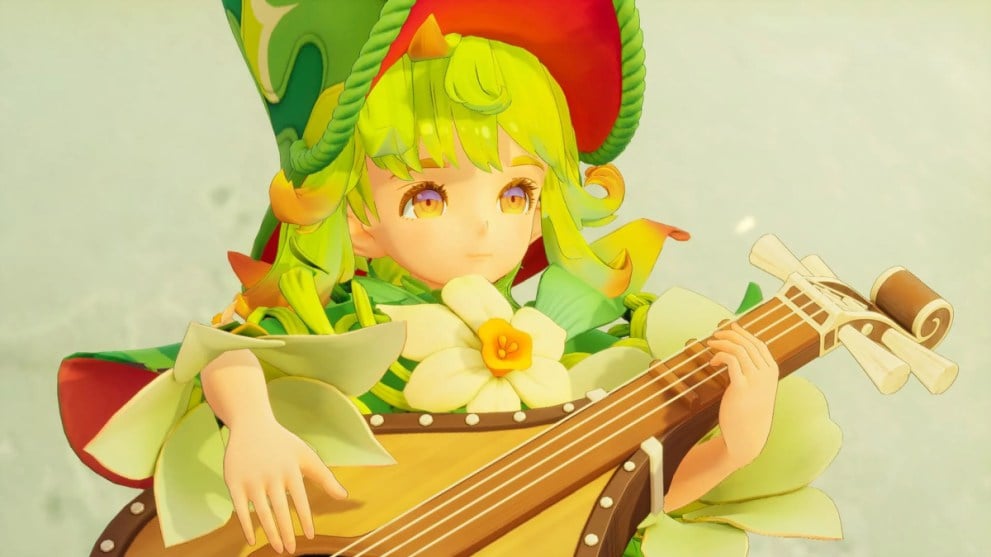
Rounding out the experience are the visual and audio presentation aspects of Visions of Mana. Visually, the game is distinct thanks to its more cartoon-y and whimsical aesthetic. Characters look like action figures brought to life, and they sprint through a world bursting with color and filled with creatures out of a child’s storybook. Though this can make more dramatic moments harder to take seriously, it helps the rest of the game come off as one-of-a-kind and enjoyable in a way distinct in the Mana series.
The audio, meanwhile, is more of a mixed bag. While the voice acting and sound effects are done well enough to feel adequate, the soundtrack can be inconsistent. Some tracks are memorable and add to the ambience perfectly, while others feel generic and grate on you after only a few minutes of wandering through an area.
The end result is a presentation that does its job well enough, and manages to help keep you immersed in the wider experience with minimal headaches; albeit at the cost of never reaching for something more memorable.
There’s a great game hidden somewhere in Visions of Mana. It’s a blast to play so long as you focus on the gameplay, and its more cartoonish aesthetic helps it stand out from the pack of more realistically rendered JRPG fare. It’s just a shame the story is handled as poorly as it is, and that so much of the game is dedicated to its narrative by virtue of it being a story-driven JRPG. Consider checking it out if you care more about gameplay, but give it some thought if the narrative is paramount to you.

- Great combat
- World feels worth exploring
- Visuals that stand out from the crowd
- Story and narrative are inconsistent and poorly written
- Occasional input glitches during combat
- Soundtrack can get repetitive fast

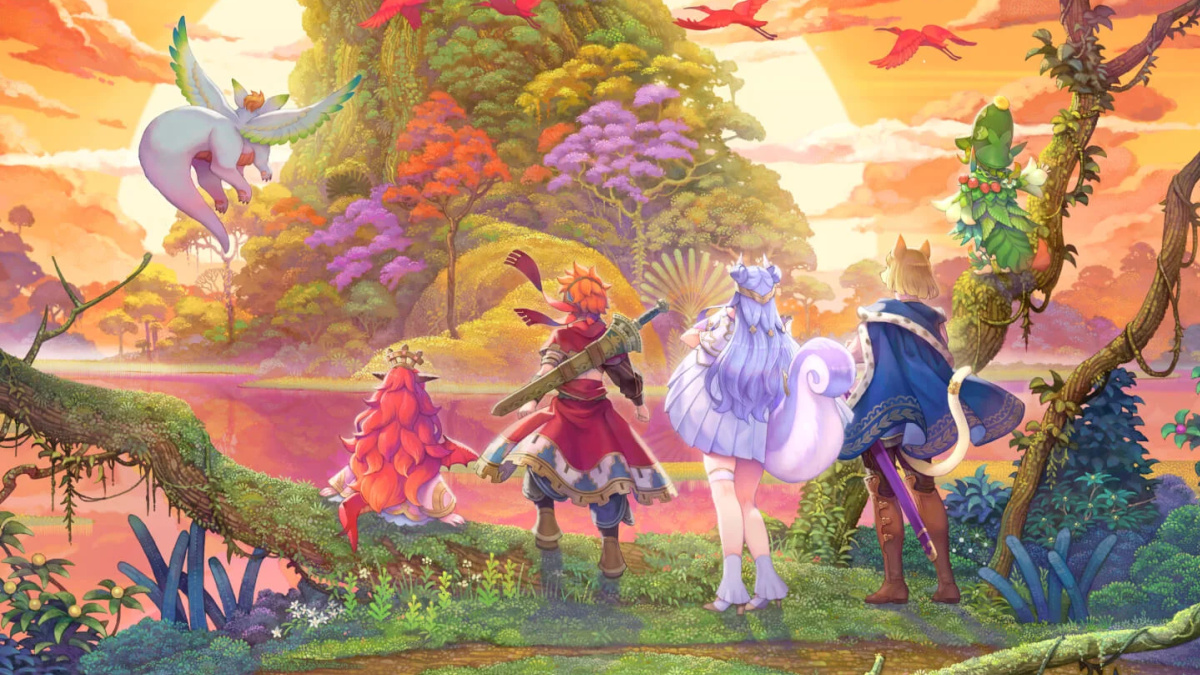






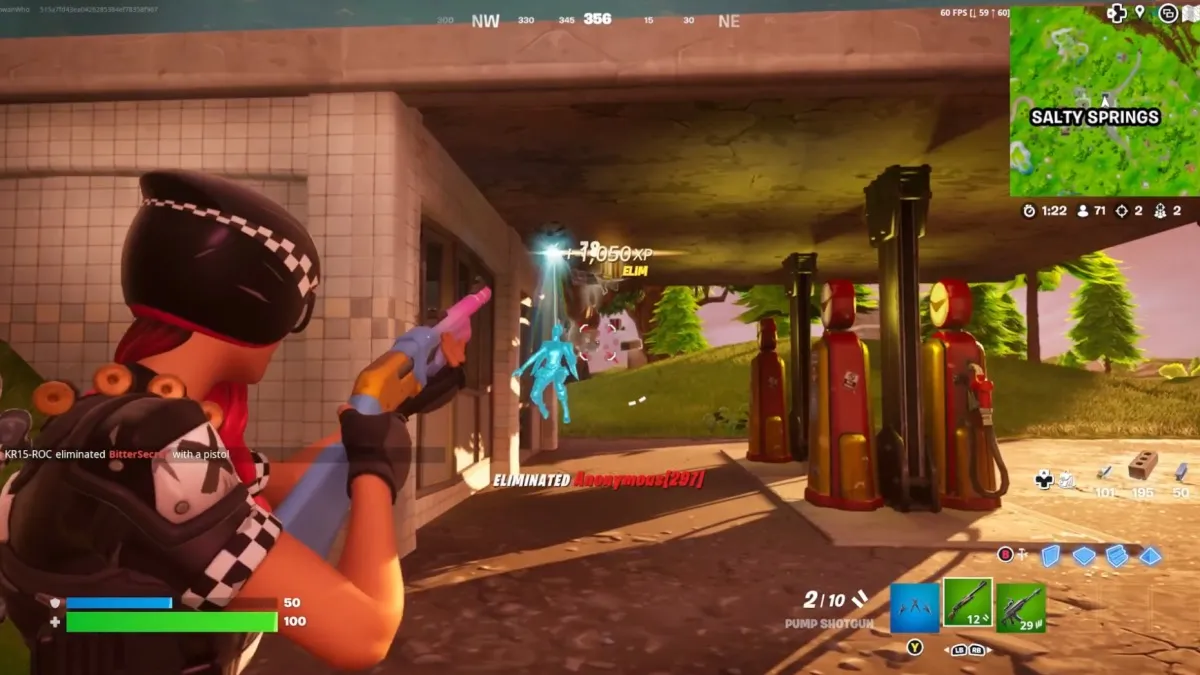




Updated: Aug 27, 2024 06:57 am